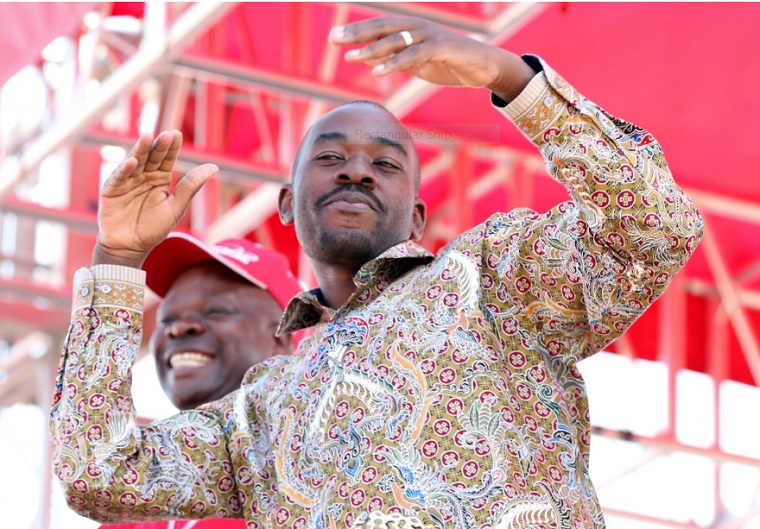 The response of Zimbabwe’s main opposition party, the Movement for Democratic Change (MDC) Alliance, to the defeat of their presidential candidate suggests that its supporters might be victims of their own propaganda.
The response of Zimbabwe’s main opposition party, the Movement for Democratic Change (MDC) Alliance, to the defeat of their presidential candidate suggests that its supporters might be victims of their own propaganda.
Nelson Chamisa lost with 44.3% of the vote to Emmerson Mnangagwa of the ruling Zimbabwe African National Union – Patriotic Front (ZANU-PF), who garnered 50.8%.
Zimbabwe’s elections are won and lost in rural areas, home to about 70% of the voter population.
The 2018 general election was no different. Viewing elections through an urban lens can be highly misleading, as rural voters are often motivated by different considerations to those of their urban counterparts.
Without ignoring the fact that ZANU-PF has considerable and ardent support among rural voters, it is clear that clientelism plays an important role.
Many rural voters in Zimbabwe seem to view elections as an opportunity to show fealty to those in power rather than an exercise of democratic choice.
Loyalty is rewarded in the form of food aid and free agricultural inputs. Backing the ‘wrong’ candidate can attract harsh reprisals – an election ‘promise’ ZANU-PF has a reputation for keeping.
A rural voter then may make a pragmatic and carefully considered calculation as to who will win, and vote with head rather than heart. To win an election, the candidate needs to look as if he or she will win.
The MDC Alliance did a remarkable job at persuading many that Chamisa had massive nationwide support. It was aided and abetted by opposition-leaning political analysts who willingly spread Alliance spin.
As this spin would have it, Zimbabwe’s intelligence services had done their own opinion poll that showed that Mnangagwa was intensely disliked and would get no more than 11% of the vote. Deposed ex-president Robert Mugabe, it was claimed, enjoyed massive residual support in some provinces.
Mugabe’s statement on the eve of polling that he would not vote for his ‘tormentors’ was seen as a cue to this support base to vote for Chamisa. Chamisa, only just the minimum age for a presidential candidate at 40, was presented as the natural choice for the 60% of the voter population under 40, rather than the 75-year-old Mnangagwa who represented the old order.
Insiders, it was said, knew the rural population was ‘fed up’ with ZANU-PF’s misgovernance and that ZANU-PF had lost its ability to command the rural vote. The mood throughout Zimbabwe was one of euphoria, not experienced since independence in 1980. The election would be the country’s second liberation.
There was scant evidence to support this spin. An opinion poll conducted just a month before the election by Afrobarometer gave Mnangagwa a slim lead. This evidence was brushed aside. If Chamisa didn’t win, the MDC Alliance insisted, it could only mean that the election was rigged.
Continued next page
(525 VIEWS)






0 Comments